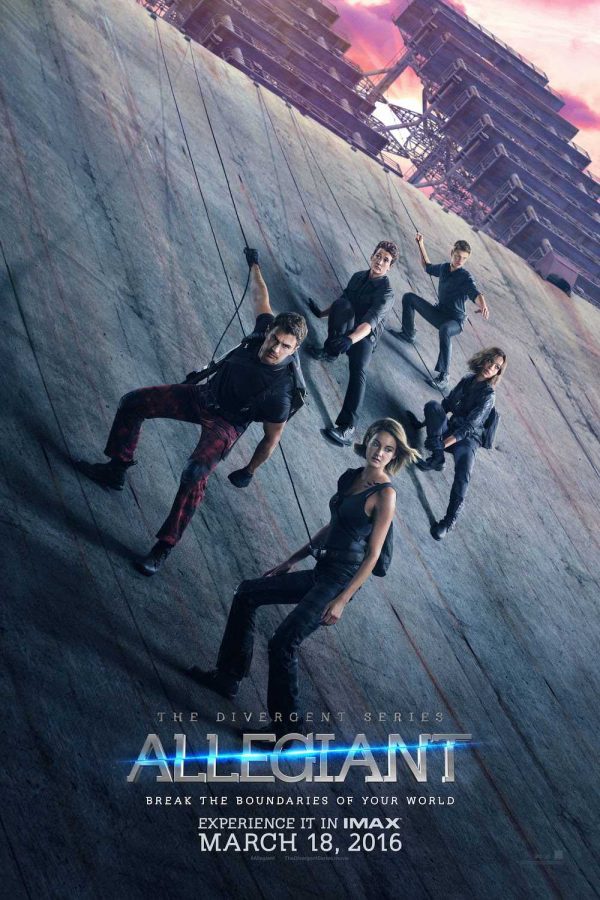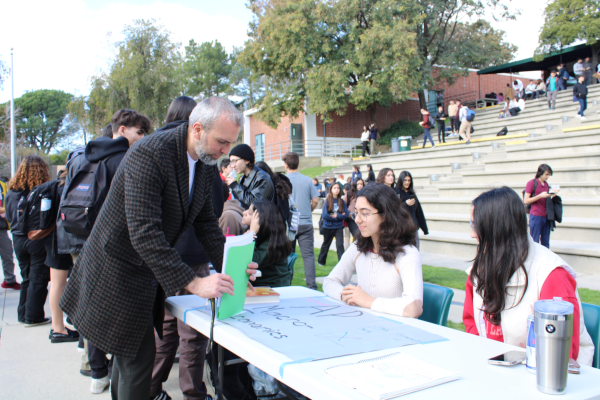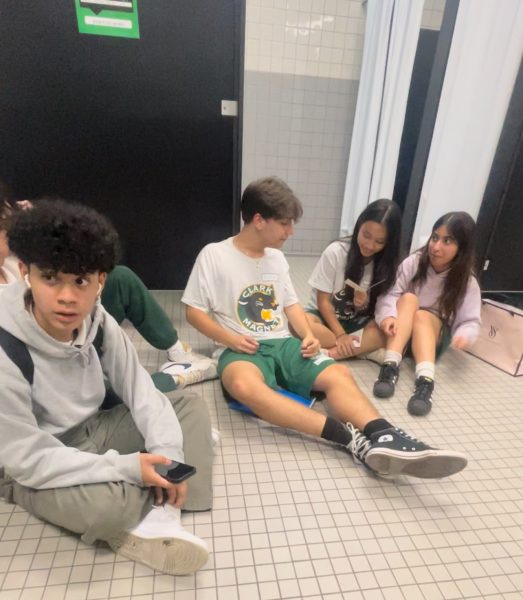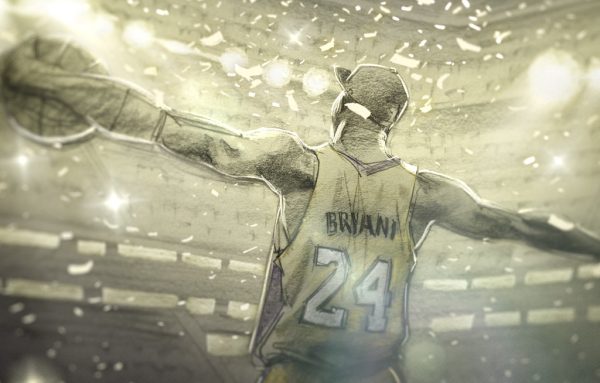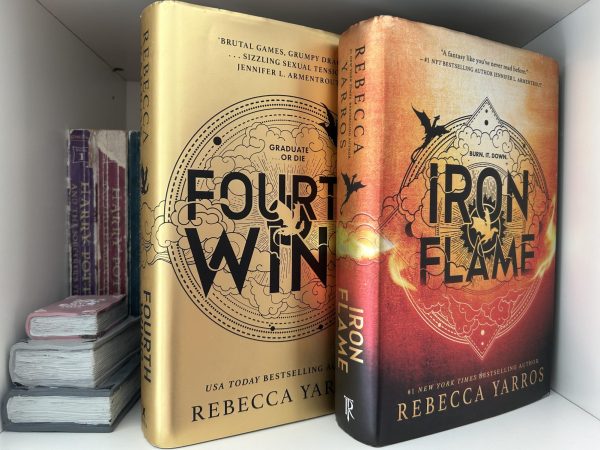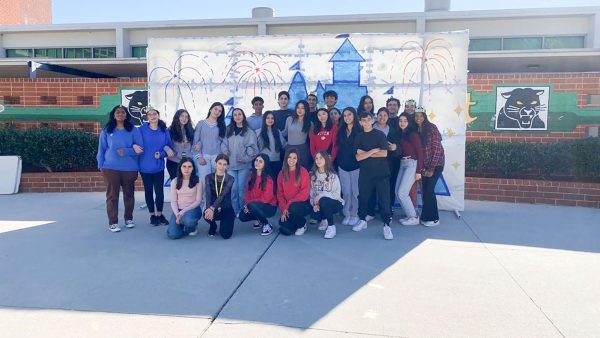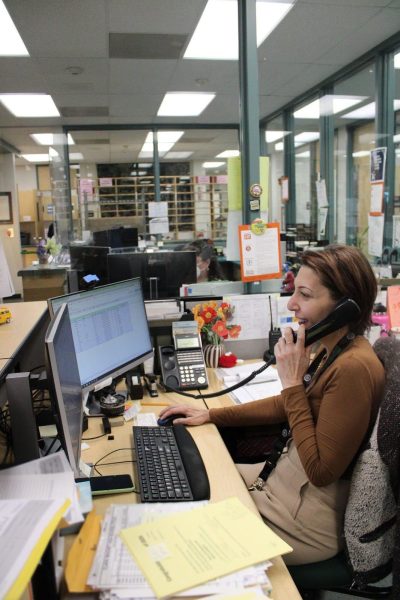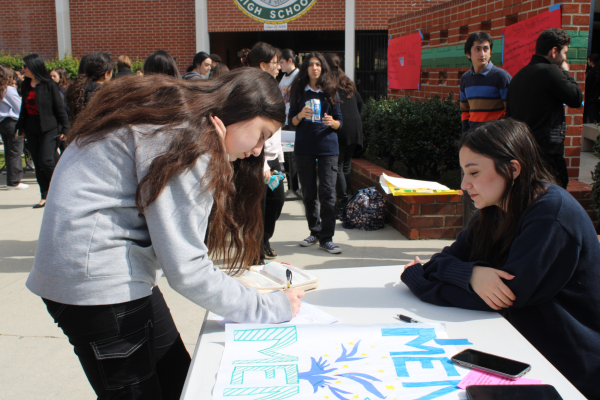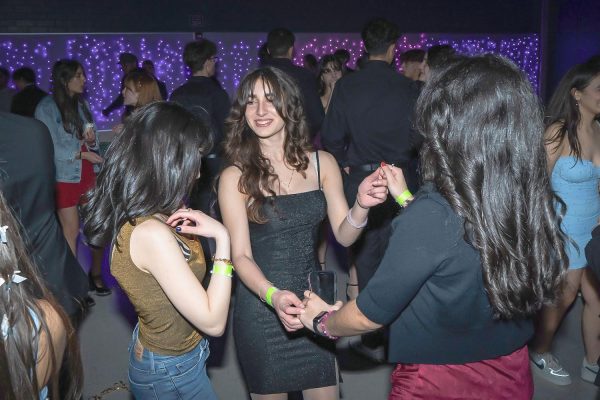‘The Divergent Series: Allegiant’ continues to bury its saga in nonsense
Poster for Summit Entertainment’s The Divergent Series: Allegiant.
In the pantheon of YA novel-to-film adaptations, originality is almost impossible to come by at this point. With The Hunger Games franchise having just come to an end, The Maze Runner franchise with one film left and a whole heap of other movies in the same genre, these stories are beginning to turn aggressively formulaic and dull. The Divergent Series is perhaps the biggest slave of this conventionality, almost playing like a sort of YA Mad Libs would. “____, a teenager who is different and more special than anyone else in the world must defy _____, the evil adult who corrupts their dystopian future”
While some other franchises attempt to diverge from this tired template, The Divergent Series, ironically, has no interest in doing so and follows strictly by the established tropes of its genre. Once again, this third installment still provides absolutely no sense of excitement, creativity or genuine substance.
Allegiant hits theaters on March 18, reuniting us with Tris Prior (Shailene Woodley) and Four (Theo James), a pair of devastatingly attractive teenagers living in a dystopian future controlled by corrupt adults (yes, quite shocking). After having defeated the power-hungry Jeanine (Kate Winslet) in Insurgent, the green-screen of Chicago is struck with social disorder as a civil war rages between Evelyn (Naomi Watts), who believes Jeanine’s confidants must be publicly executed, and Johanna (Octavia Spencer, who believes they must be spared.
With tensions rising, Tris and Four, alongside Tris’ brother Caleb (Ansel Elgort), the double-crossing fugitive Peter (Miles Teller) and their ally Christina (Zoë Kravitz), escape over the green-screen wall that has confined them their whole lives. Once across, they find themselves in a ravaged green-screen environment and encounter an organization called the Bureau of Genetic Welfare, run by the suspicious David (Jeff Daniels) and his malevolent green-screens. His goal is to heal the people that he refers to as “chromosomally challenged,” which is kind of offensive. As Tris and Four reveal the secrets that are hidden by David and his impenetrable green-screens, they must stop him before he takes control of Chicago’s green-screen and reign the way Jeanine once did.
Giving credit where credit is due, there are a few redeemable qualities sprinkled throughout this tedious mess. For one, Teller continues to be the best part of these movies, waltzing through every scene with such an effortless charm. There’s also a couple of well-staged, albeit laughably fake, action set pieces here and there that get things moving for brief instances before they go back to slogging as they do for the bulk of this lazy piece of trash.
As with all these movies, there’s an obnoxious over-reliance on CGI, from the phony backgrounds to the highly ineffective enhancement of the action sequences. Never once does it feel like these characters are in a real environment and not a green-screen universe. It ultimately detaches the viewer from this world and removes any kind of suspense that can be had.
Throughout this series, Peter has developed the nickname “Stiff” for Tris, a name that’s meant to represent the character’s personality as well as the performance by Woodley. She wasn’t half bad in the first film, but it visibly seems as if she’s lost interest with the franchise at this point, and who could blame her?
Peter might as well call every character in this film “Stiff,” because everyone is just so one-dimensional and flat that it’s nearly impossible to care about any of them. James’ Four has shown literally no sort of arc or progression as a character over the course of this series, remaining as stoic as a hardwood wall. Elgort’s Caleb is still the same scrawny brat who, for the most part, only has one or two moments of actual purpose when he isn’t just being a bumbling idiot. The remaining cast doesn’t have much else to do, with the exception of Daniels’ David, who just seems to be another Jeanine for the characters to miraculously stop. He gives as much life to the character as he can, but it just feels like yet another retread of a familiar idea.
Screenwriters Adam Cooper and Bill Collage (Exodus: Gods and Kings), alongside Noah Oppenheim [The Maze Runner (Are YA adaptations all this guy does?)], do everything in their power to make things somewhat interesting, but the source material is so clearly devoid of imagination that not even the strongest of writers could make it work.
The big question that should be asked here is why is this franchise still going on? This series was meant to be an allegory about the social hierarchy and whatnot, and by overthrowing Jeanine, this extended metaphor that this story so desperately wanted to share with the world was done. The monarchy was destroyed, that’s it. The point was made, so why keep going? All this franchise is doing at this point is shoveling regurgitated garbage into your face, and there’s still one more on its way next year. This type of world is uninteresting and has been done before. These characters are uninteresting and have been done before. There’s literally no point for these movies to exist and the fact that they do is purely annoying.
With the die-hard fans of these novels aside, it’s difficult to find what fans of these films find so engaging. This series is like that kid who sits in the back of the car and keeps asking his/her parents if they’ve arrived at their destination yet, slowly enraging them. All the parents can wish is for the car ride to end and to arrive at the destination so that they can finally cease the nuisance that has irritated them from point A all the way to point B.
https://www.youtube.com/watch?v=MJsDuGRiLqM
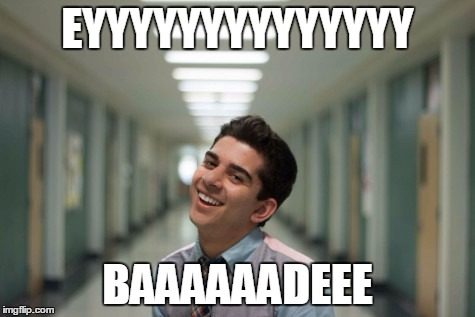
INTERESTS/HOBBIES: Inter-dimensional travel.
EXTRACURRICULAR ACTIVITIES: Stopping Dr. Doom.
THREE WORDS TO DESCRIBE ME ARE: This isn't science.
IN...



